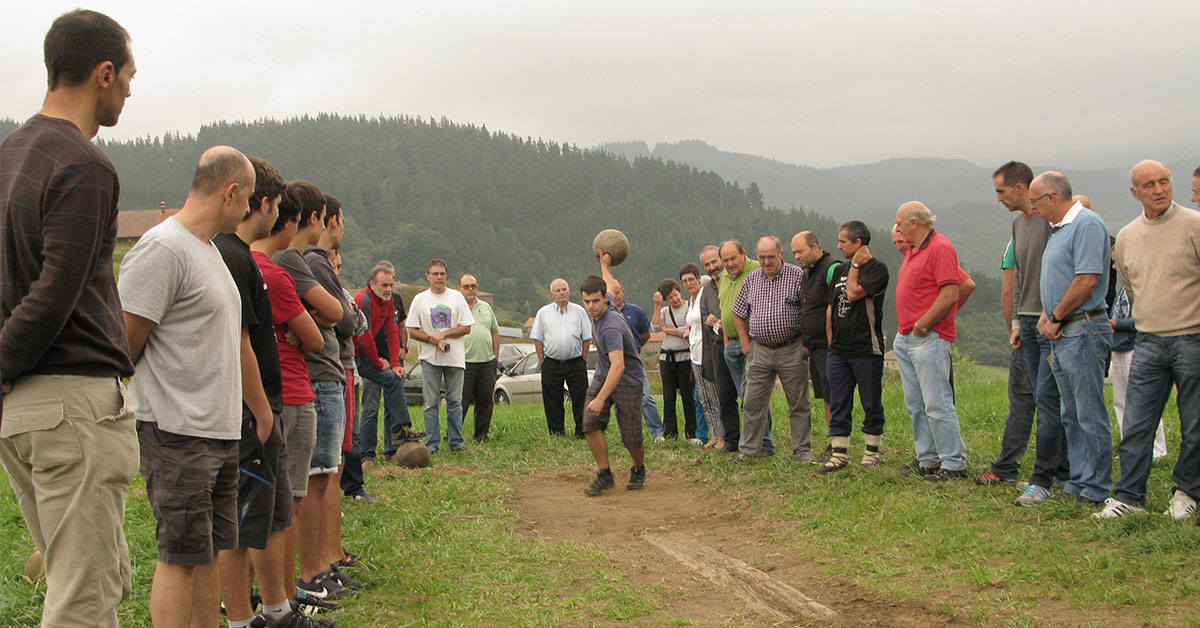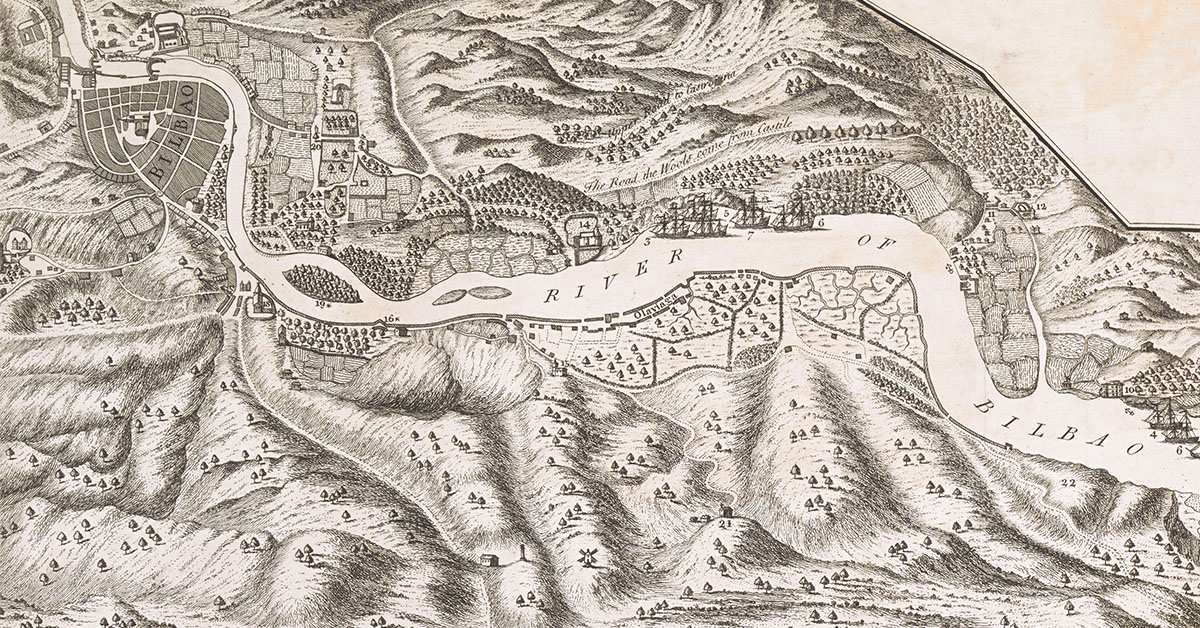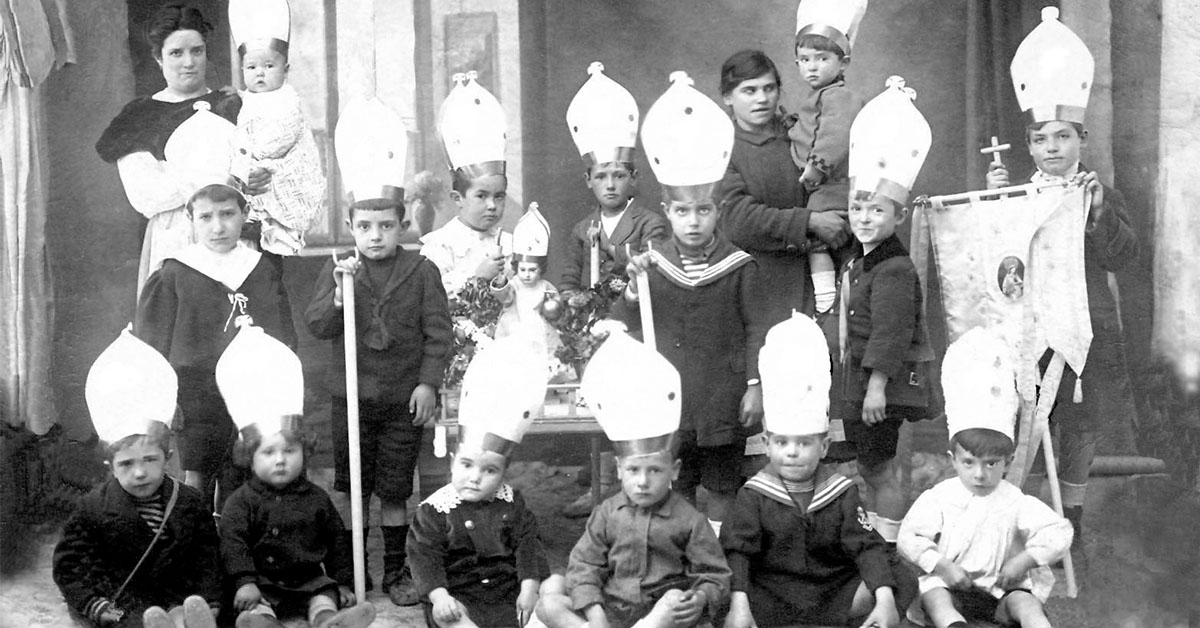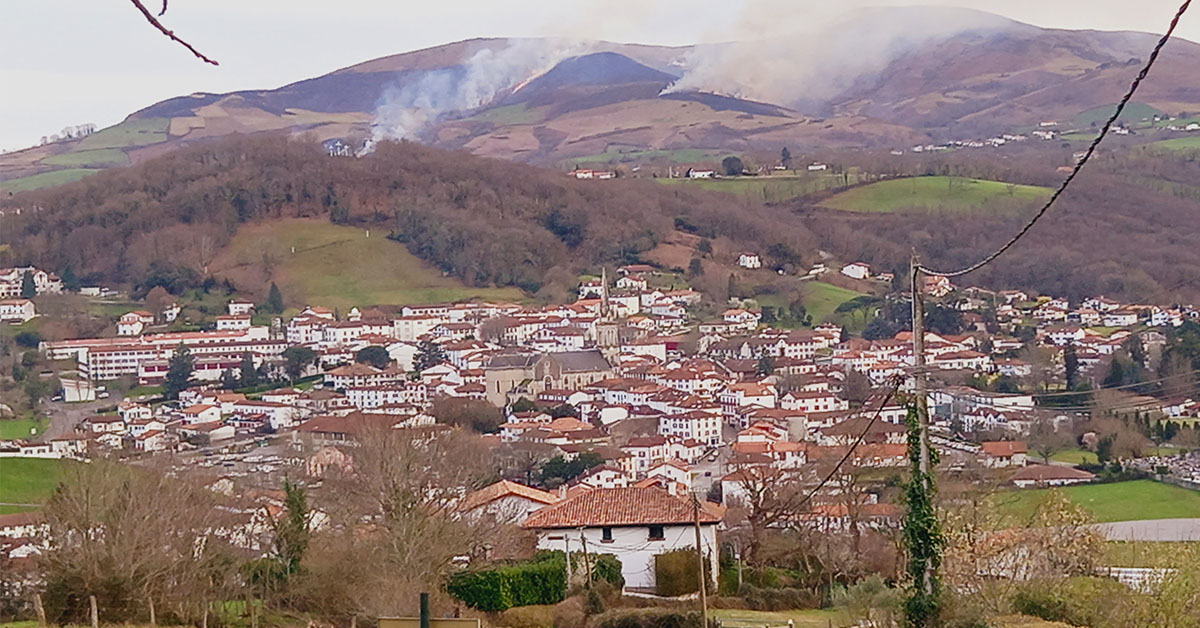Basque ethnography at a glance

Zeanuri brotherhood skittle championship at Altzusta bowling alley (1-X-2022). Photo credit: Jon Urutxurtu.
The game of skittles is at risk of disappearing. The gradual loss of the game of skittles and the decline of the rural world happened at around the same time in the mid-20th century, and was mainly due to the population exodus from the countryside to industrial cities.
If it is now a minority sport, it was nearly as popular as Basque pelota in the past. Hundreds of skittle alleys — bolalekuak or bolatokiak — have been lost and, above all, the culture of the game is no longer passed down from generation to generation.
There are many versions of skittles in Euskal Herria and in other areas of the Spanish state. Fifteen different versions, some of which have already disappeared, can be found in the province of Bizkaia alone. One of them is the Zeanuri version. The skittle alleys that still exist are alongside some of the chapels of the town’s seven districts or brotherhoods; the game is played there once a year, on the feast day of the chapel.

Detail of the 1739 draught of the Bilbao river estuary, by Gabriel Baudwin (British Library), lent by courtesy of Jabier Aspuru. The Olabeaga area, with 5 sailing ships moored, is in the centre.
World Pizza Day has been marked on 9 February for half a dozen years or so. It seems the day started in the USA and has gradually spread to the other countries, and is even celebrated in Bilbao. But this article is not going to be about the culinary heritage of pizza, but of something rather better known: salt cod or bacalao in Bilbao, which has been part of our culture for nearly 5 centuries, but still does not have a specific day to honour it. Our culinary heritage contains several recipes and much has been written about salt cod; if we resort to a hackneyed phrase, we could claim that salt cod has been here “forever or from time immemorial”, a phrase that is widely used for something that we believe has always been with us. Eels (txitxardinak) are one such example, and the oldest and specific document I have come across referring to their consumption dates back to the early 19th century and not before. When somebody claims that something is from time immemorial, we can only usually find evidence of two or three generations of time, and reliably no more than 100 years. Anybody is free to argue otherwise, but they should provide some documentary proof.
Anybody who visits us in winter will see the uplands of Iparralde (Northern Basque Country) ablaze. The fires are used to manage and clear the pastures and meadows for the livestock. Given the small size of the farms in Iparralde, they need to graze their animals on the surrounding uplands. Accordingly, the farmers care for and attend to the uplands in the same way as they do with their farmsteads. In general, they use fire to clear those areas which cannot be reached with machines.

Sts. Philip and James the Less (Balmaseda, between 19th and 20th centuries). Archive: Harresi Kulturala Elkartea.
Different groups of children take to the streets on May Day or the Day of the Holy Cross (3 May) to celebrate the feast of the “sanfelips” (St. Philips) in the charter town of Balmaseda. They dress in their usual clothes and wear a decorated bishop’s mitre made out of card or cardboard on their heads. As they go round the town carrying a platform with the “little angels” or “tiny saints” or a small cross adorned with a shroud, they chant a repetitive song “a cappella”, while they ask for alms. And 2023 celebrates 150 years since the first account was published about this unusual and specific custom in Los Niños. Revista de Educación y recreo (Madrid, May 1873).


